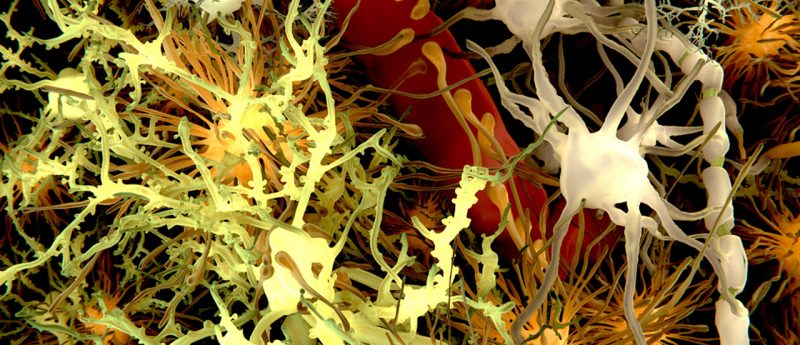Pharmacogenetics of tardive dyskinesia: an updated review of the literature

Tardive dyskinesia (TD) is a serious and potentially irreversible side effect of long-term exposure to antipsychotic medication characterized by involuntary trunk, limb and orofacial muscle movements. Various mechanisms have been proposed for the etiopathophysiology of antipsychotic-induced TD in schizophrenia patients with genetic factors playing a prominent role. Earlier association studies have focused on polymorphisms in CYP2D6, dopamine-, serotonin-, GABA- and glutamate genes. This review highlights recent advances in the genetic investigation of TD. Recent promising findings were obtained with the HSPG2, DPP6, MTNR1A, SLC18A2, PIP5K2A and CNR1 genes. More research, including collection of well-characterized samples, enhancement of genome-wide strategies, gene–gene...



